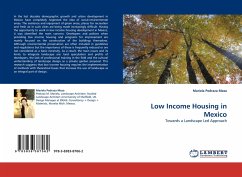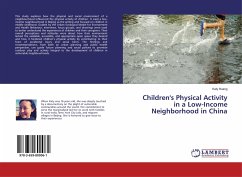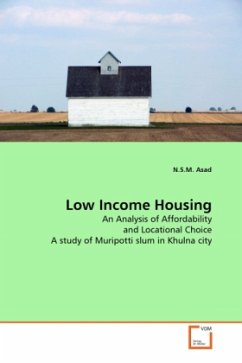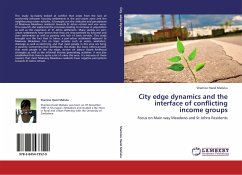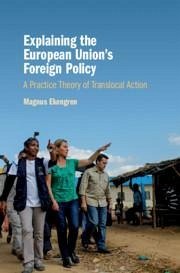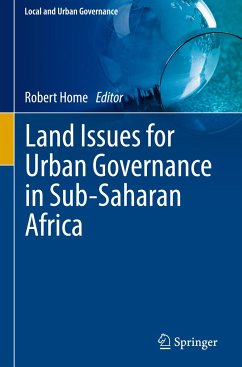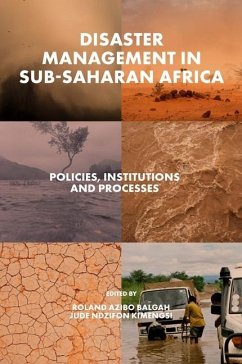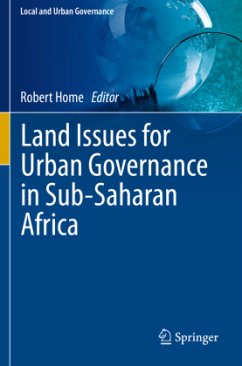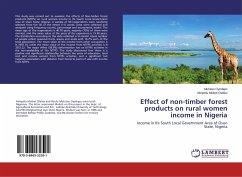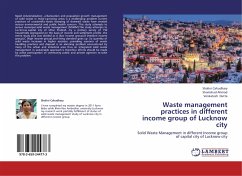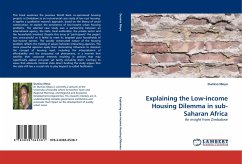
Explaining the Low-income Housing Dilemma in sub-Saharan Africa
An insight from Zimbabwe
Versandkostenfrei!
Versandfertig in 6-10 Tagen
52,99 €
inkl. MwSt.

PAYBACK Punkte
26 °P sammeln!
This book examines the previous World Bank co-sponsored housing projects in Zimbabwe as an instrumental case study of low cost housing. It applies a qualitative research approach, based on the theory of social construction, to explain the persistence of low-income urban housing problems. The selected case study was a partnership between an international agency, the state, local authorities, the private sector and the households involved. Despite this array of "participants" the project was unsuccessful as it failed to meet its targeted poor households of low-income earners. The socially constr...
This book examines the previous World Bank co-sponsored housing projects in Zimbabwe as an instrumental case study of low cost housing. It applies a qualitative research approach, based on the theory of social construction, to explain the persistence of low-income urban housing problems. The selected case study was a partnership between an international agency, the state, local authorities, the private sector and the households involved. Despite this array of "participants" the project was unsuccessful as it failed to meet its targeted poor households of low-income earners. The socially constructed nature of the housing problem reflects the trading of power between interacting agencies. The more powerful agencies apply their dominating influences to interpret the concept of housing need, including the interpretation of affordability and the associated risk phenomena, in a manner that satisfies their corporate interests resulting in policies that may superficially appear pro-poor yet tacitly excluding them. Contrary to views that advocate minimal state direct funding the study argues that the state still has a crucial role to play beyond so-called facilitation.



